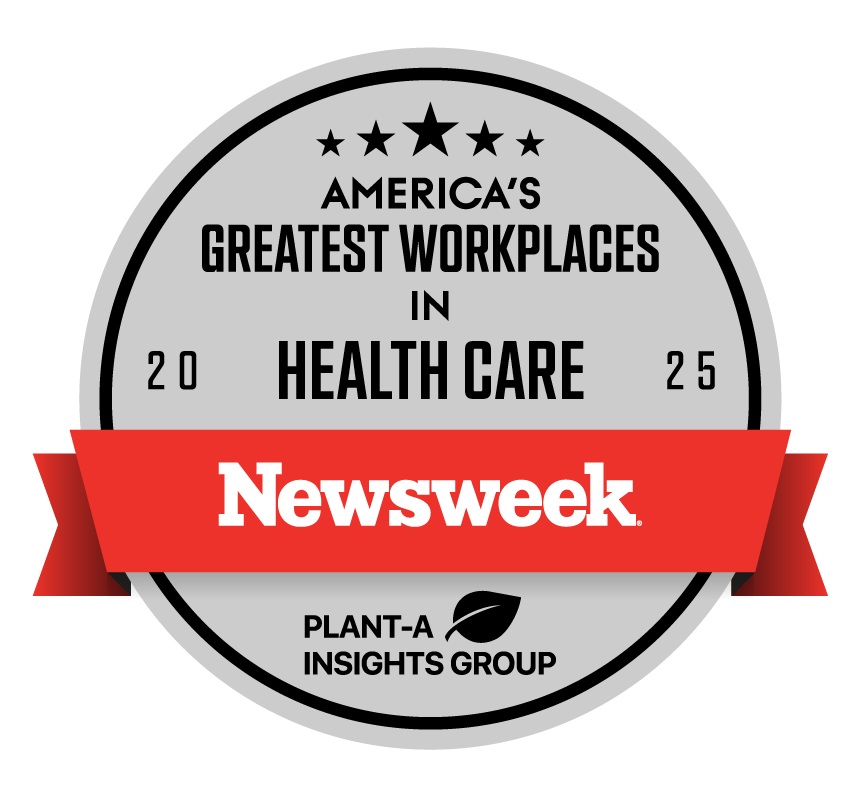Alcohol misuse doesn’t always look like the movies. It doesn’t have to involve a DUI, losing a job, or hitting a dramatic “rock bottom.” For many people, the breaking point with alcohol begins quietly, long before life unravels on the outside.
Maybe drinking still feels “normal” from the outside. Maybe you still get to work on time, pay the bills, and show up for family. But inside, something’s changing. Drinking isn’t just something you do for fun anymore. It’s becoming a way to cope.
Understanding where social drinking ends and alcohol misuse begins is an important step toward taking back control of your life.
Alcohol Use vs. Alcohol Misuse: What’s the Difference?
Alcohol exists on a spectrum. Not everyone who drinks has a problem, and not everyone who worries they might have a problem meets the criteria for alcohol use disorder (AUD). But it’s essential to understand the progression:
- Social Drinking: Occasional use in social settings, no significant consequences.
- Alcohol Misuse: Drinking more or more often than intended, using alcohol to cope, beginning to experience negative effects.
- Alcohol Use Disorder: Loss of control, cravings, withdrawal symptoms, drinking despite consequences.
The most significant difference isn’t just how much someone drinks, but why. When alcohol becomes a tool for coping, escaping stress, handling emotions, or “feeling normal,” the relationship has shifted into dangerous territory.
Early Warning Signs People Overlook
You don’t have to hit a crisis to have a drinking problem. In fact, some of the earliest warning signs are subtle:
- You’re spending more time thinking about drinking — planning it, looking forward to it, or recovering from it.
- You begin to set rules for yourself (“I’ll only drink on weekends”).
- You hide or minimize how much you drink.
- You feel irritable or anxious when you can’t drink.
- You start drinking alone or in secret.
- You need more alcohol to feel the same effect (tolerance).
- You tell yourself, “I can stop anytime, I just don’t want to.”
- You’ve started missing hobbies or responsibilities because of drinking or hangovers.
If alcohol is taking up more space in your life mentally or physically, that’s cause for concern. And concern is the first step to awareness.
The Rationalizations That Keep People Stuck
One of the biggest barriers to recognizing a problem is rationalization. We believe everything is fine because facing the truth feels uncomfortable.
Common stories people tell themselves include:
- “Everyone drinks like this.”
- “At least I’m not as bad as ___.”
- “I only drink beer, not the hard stuff.”
- “I don’t drink every day, so I can’t have a problem.”
- “I have a job and responsibilities, I’m fine.”
- “I’m just blowing off steam.”
These thoughts are protective, but they’re also misleading. You don’t have to drink every day to have a problem. You don’t have to lose everything to decide you deserve better.
How Alcohol Affects Your Body and Brain Over Time
Alcohol is often treated like a harmless social lubricant. But medically speaking, it’s a toxin your body works hard to process. Even before drinking becomes excessive, it can cause silent and serious damage.
Physical Health Impacts
- Liver inflammation and eventual liver disease
- Pancreatitis
- Nutritional deficiencies
- Compromised immune system
- Increased risk of cancer
- High blood pressure and cardiovascular strain
Mental and Emotional Effects
- Increased anxiety and depression
- Emotional numbness
- Low motivation
- Irritability and mood swings
- Sleep disruption
- Relationship withdrawal and loneliness
Over time, heavy alcohol use changes the brain’s chemistry. Drinking shifts from something you choose to do into something you feel you need just to function.
Alcohol Withdrawal Is Real and Dangerous
One thing many people don’t realize is that alcohol withdrawal can be life-threatening. Along with benzodiazepines, alcohol is one of only two substances for which detoxing without medical support can be fatal.
Withdrawal symptoms may include:
- Sweating and shaking
- Insomnia
- High blood pressure
- Nausea and vomiting
- Hallucinations
- Seizures
- Delirium tremens (DTs), a medical emergency
If you experience symptoms when you try to cut back or stop, seeking medical supervision is essential. Detoxing alone is never recommended.
So, What is the Alcohol Breaking Point?
The breaking point isn’t a dramatic moment. It’s not when you lose everything or hit a legal consequence. The real turning point happens the moment alcohol stops adding to your life and starts taking away from it.
It’s the moment drinking shifts from social to survival, from want to need.
And if you’re asking yourself whether you might have a problem, that’s not something to ignore. It means your inner voice is trying to protect you.
What to Do if You’re Worried About Your Drinking
You don’t need to label yourself or hit rock bottom before asking for help. Here are safe, practical steps:
- Talk to your doctor. Be honest, they’re trained for this and won’t judge you.
- Take a screening tool like the AUDIT or CAGE
- Reach out for a confidential assessment from a treatment provider (like Spectrum).
- Explore support like AA, SMART Recovery, or a therapist.
- Try an alcohol-free experiment. Take 30 days off drinking and see how you feel physically and emotionally.
- Tell someone you trust. Hiding keeps people stuck. Connection moves people forward.
You Don’t Have to Do This Alone
No one kind of person struggles with alcohol, and there’s no one way to recover. Whether you want to cut back, take a break, or explore treatment options, help is available at any stage. You don’t have to wait until your life falls apart.
If you’re ready to talk to someone about your relationship with alcohol, even if you’re unsure whether it’s a problem, we’re here to listen.
If you or a loved one is struggling with alcohol addiction or a substance use disorder, call Spectrum Health Systems today at 1-877-MyRehab.



